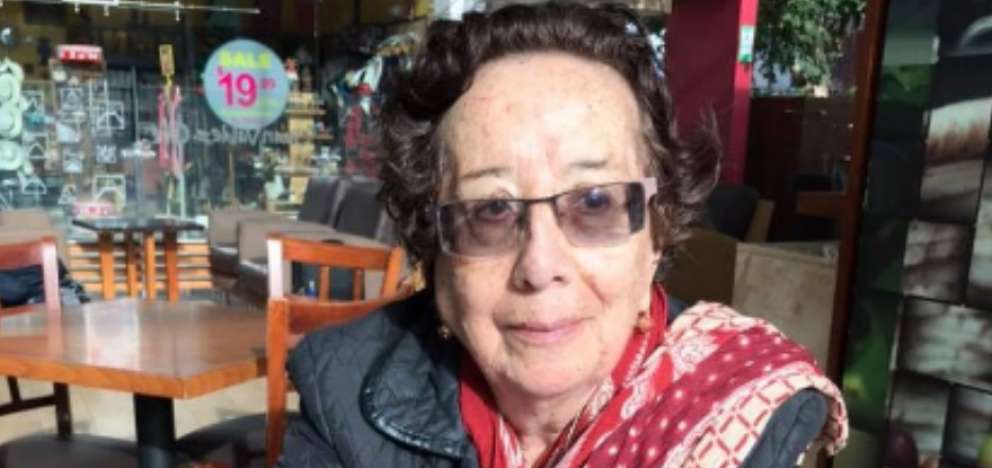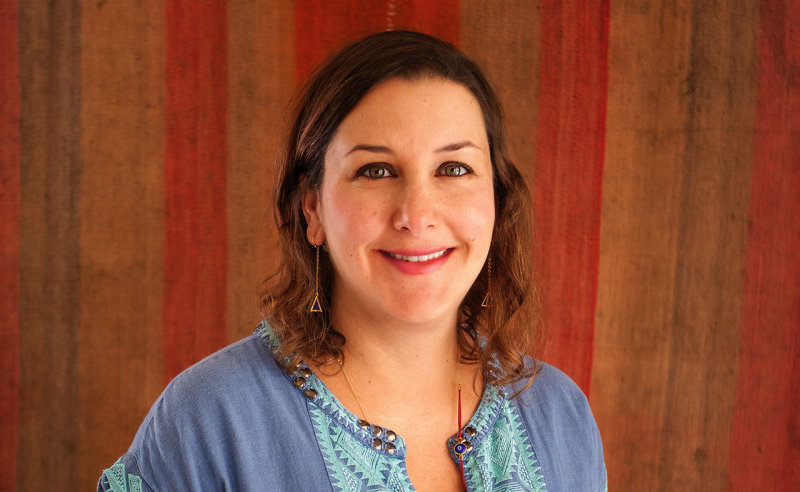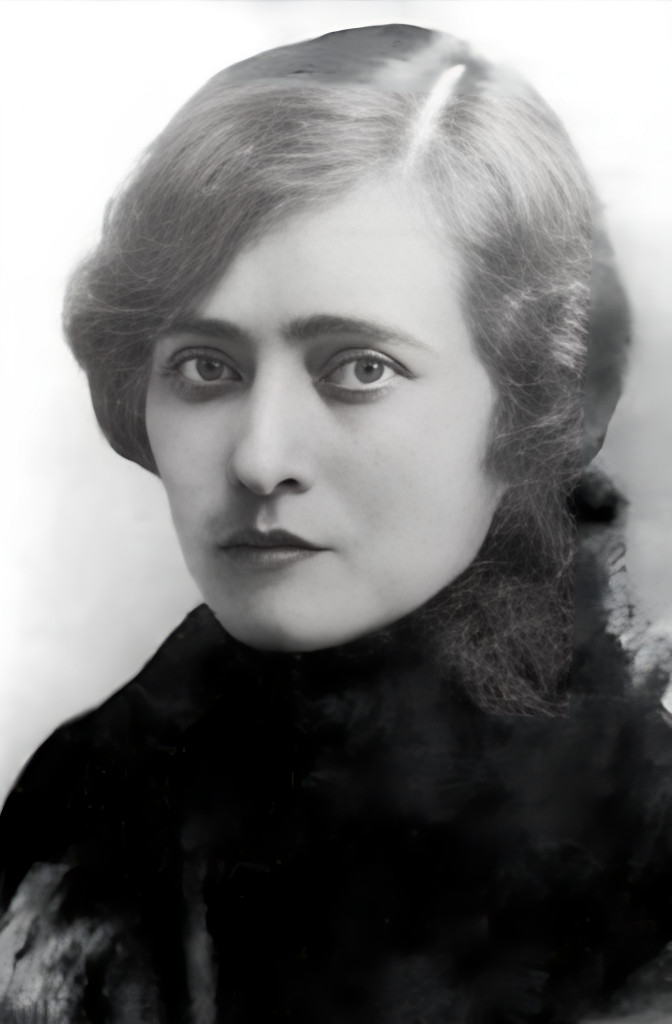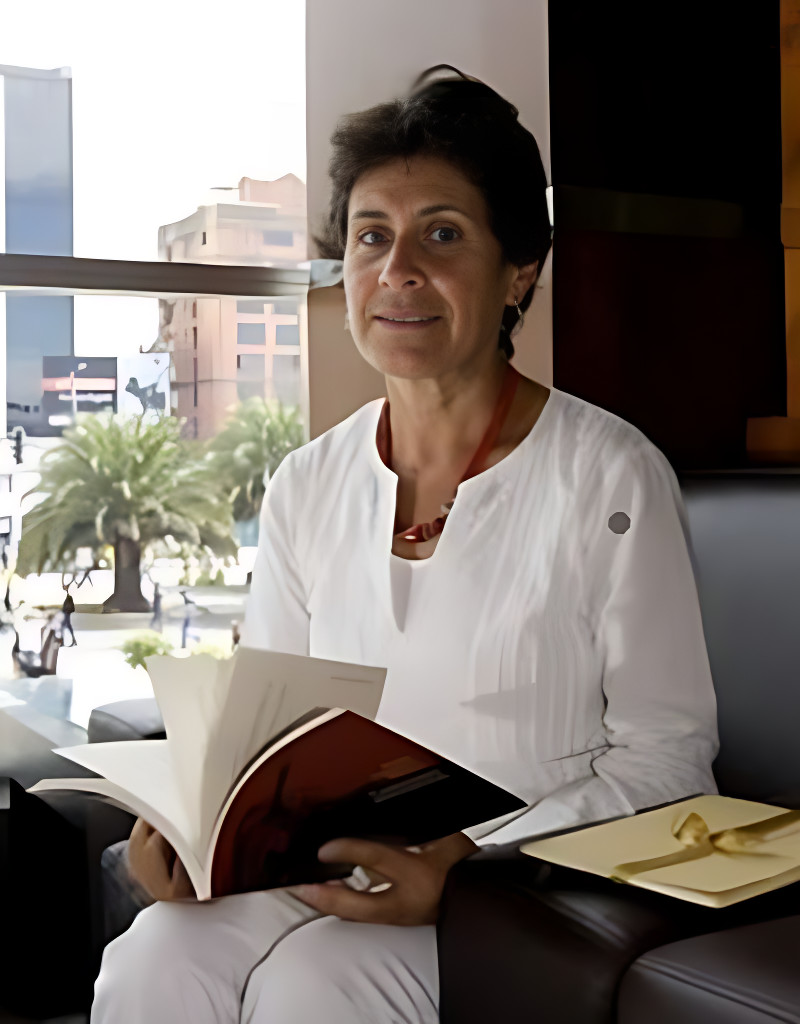Ana María Goetschel Garzón is an Ecuadorian historian and professor emerita at FLACSO Ecuador. She holds a Ph.D. in Social Sciences from the University of Amsterdam and a Master’s in Andean History from FLACSO Ecuador. Her research focuses on the history of women, education, and gender studies, particularly exploring the origins of feminism and the role of punitive action in Ecuadorian history. She has authored several influential works, including Moral y orden: La delincuencia y el castigo en los inicios de la modernidad en Ecuador (2019) and Cartas Públicas de Mujeres Ecuatorianas (2013), and has received numerous accolades, including the Premio Manuela Sáenz in 2019.
Continue reading “Ana María Goetschel”Category: Feminists
Raquel Rodas Morales
Raquel Rodas Morales (Paute, Azuay, June 1940-Quito, November 1, 2018) was an Ecuadorian writer, historian, and feminist. She dedicated her life to teaching, studying philosophy, and conducting research from a feminist perspective on the contributions of influential women in the history of Ecuador, such as Tránsito Amaguaña, Dolores Cacuango, and María Luisa Gómez de la Torre. Raquel Rodas authored numerous books dedicated to women’s history and the feminist movement. Her extensive research and writings have significantly contributed to the understanding of women’s experiences, the impact of patriarchy, and the struggles faced by women throughout history. The Metropolitan Council of Quito awarded her the Mention of Honor for Relevant Services to the City.
Continue reading “Raquel Rodas Morales”Julia Rendón Abrahamson
Julia Rendón Abrahamson (Quito, 1978) is an Ecuadorian writer. She has authored the novel “Lengua ajena” (2022), which explores profound themes of identity and belonging. In addition to her novel, Rendón Abrahamson has released two collections of short stories, including “Yeguas y terneros” (2021) and “La casa está muy grande” (2015). Her remarkable talent has garnered recognition, including being awarded the Montserrat Roig Grant for Literary Creation in 2021 by the City Hall of Barcelona, as part of UNESCO’s City of Literature program. Rendón Abrahamson’s educational background is just as impressive, with degrees from renowned institutions such as Boston College, Parsons School of Design, the National University of the Arts in Argentina, and the Argentine institute Casa de Letras. She also teaches creative writing workshops and founded Espacio Cultural PezPlátano in Quito.
Continue reading “Julia Rendón Abrahamson”Rosaura Emelia Galarza
Rosaura Emelia Galarza Heyman (Guaranda, 1877 – February 13, 1966) was an Ecuadorian teacher, journalist, writer, and a pioneer in the field of women’s publishing. She was the founder of Ondina del Guayas, a monthly women’s magazine of literature and variety, which was edited in Guayaquil between 1907 and 1910. In addition, Galarza and her sister Celina María Galarza founded the magazine Flora in Quito in 1917, which became the most important women’s magazine published in Quito. Galarza also created other magazines, including Primavera in Riobamba, Hacia El Ideal and Álbum Bolivarense in Guaranda. Along with Zoila Ugarte de Landívar, Victoria Vásconez Cuvi, and María Angélica Idrobo, all teachers at the Liceo Fernández Madrid, Galarza was a founder and director of the magazine Alas in 1934. Galarza left behind a legacy of promoting women’s education and empowerment through her writing and activism.
Continue reading “Rosaura Emelia Galarza”Victoria Vásconez Cuvi
Victoria Vásconez Cuvi (Latacunga, September 7, 1891 – Quito, May 29, 1939) was an Ecuadorian writer and feminist. She was part of a literary circle that included Zoila Ugarte de Landívar and Morayma Ofyr Carvajal. Vásconez Cuvi was an influential figure in her time, having served as a member of various organizations such as the Bolivarian Society and the International Commission of the Second Pan American Congress. Her works include “Ensayos Literarios,” “Problemas Educativos,” “Vida de Mariana de Jesús,” and “Actividades Sociales y Domésticas de la Mujer.” A school in Latacunga, Unidad Educativa Victoria Vasconez Cuvi, bears her name.
Continue reading “Victoria Vásconez Cuvi”Mireya Romero Plaza
Mireya Romero Plaza de Bravomalo, aka Mireya de Bravomalo or Mireya Romero y Cordero (Quito, January 29, 1929 – July 2014) was an Ecuadorian poet, novelist, and feminist. In 1953, at the age of 23, she published a novel entitled, “La pena fuimos nosotras,” which was read by many women and that put her in the forefront of feminism in Ecuador in the 50’s. In 1956, she published a poetry book entitled, “Heliofina,” prologued by poet Francisco Granizo Rivadeneira. She sometimes used the pseudonym Marga del Río.
Continue reading “Mireya Romero Plaza”María Luisa Lecaro
María Luisa Lecaro Pinto (Guayaquil, Ecuador, date of birth unknown – date of death unknown) was an Ecuadorian poet and pioneering feminist known for her avant-garde poetry and progressive social critiques. Writing as “Tatá” for her poetry and “Sor Marisa” in feminist essays, she contributed to Savia, Ecuador’s foremost avant-garde journal, where her work stood out for its surrealism, irony, and bold departure from the sentimental norms of the time. In 1927, Lecaro gained recognition when she placed second in Savia‘s poetry contest, with Hugo Mayo, a leading figure in Ecuadorian avant-garde, taking first. Lecaro’s essays fiercely challenged the patriarchal influence of the Catholic Church, advocating for women’s independence and self-reliance in a socially restrictive era. Although her work was largely overlooked for decades, her contributions were rediscovered in 1999 through Rodrigo Pesántez Rodas’s anthology Del Vanguardismo hasta el 50, which solidified her place as a significant voice in Ecuadorian literature and early feminist thought.
Continue reading “María Luisa Lecaro”Jennie Carrasco Molina
Jennie Carrasco Molina (Ambato, 1955) is an Ecuadorian novelist, short story writer, poet, journalist, editor, university professor and holistic therapist. She has worked with the press and on women’s issues. Her works include the short story collection “La diosa en el espejo” (1995), the poetry collection “Arañas en mi vestido de seda” (2001), and the novel “Viaje a ninguna parte” (2004). In 2011 her poetry collection “Confesiones apocalípticas” won the prestigious Jorge Carrera Andrade Prize. Some of her poems have been translated into English.
Continue reading “Jennie Carrasco Molina”



